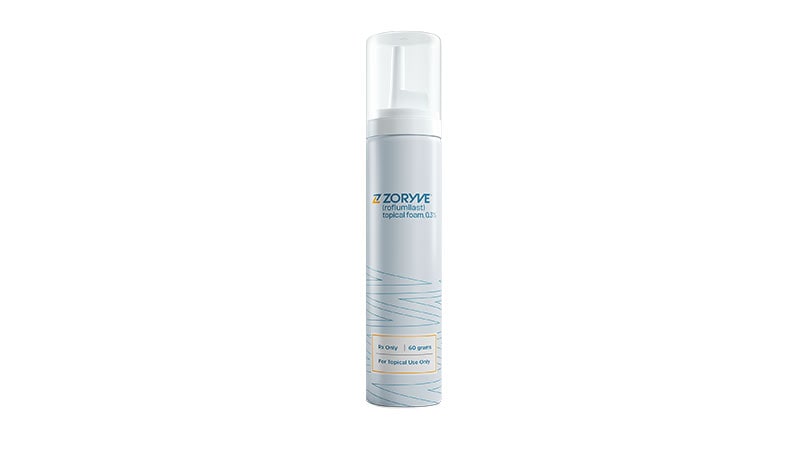First-Line Highly Effective Therapy Better for Pediatric MS
TOPLINE:
Using highly effective therapies (HETs) as the first-line treatment for pediatric-onset multiple sclerosis (POMS) offers better control of disease activity than starting with moderately effective therapies (METs), new data show.
METHODOLOGY:
- In adult MS and POMS, treatment often begins with METs, such as azathioprine, cyclophosphamide, dimethyl fumarate, glatiramer acetate, interferon beta, methotrexate, mycophenolate mofetil, teriflunomide, and then escalates to HETs, including alemtuzumab, fingolimod, mitoxantrone, cladribine, natalizumab, ocrelizumab, ofatumumab, rituximab, in nonresponders.
- Researchers assessed the real-world association of HET as an index treatment compared to MET on disease activity in 530 children with POMS who received first-line HET (n = 108) or MET (n = 422) and were followed for a median of 5.8 years.
- The primary outcome was time to first relapse; secondary outcomes included annualized relapse rate (ARR), MRI activity, time to Expanded Disability Status Scale (EDSS) progression, and treatment safety/tolerability.
TAKEAWAY:
- Both treatment strategies were associated with a reduced risk for first relapse within the first 2 years, but children starting with HET had a 54% lower risk for first relapse than those with MET as first-line treatment (adjusted hazard ratio [aHR], 0.46; P < .001), which was sustained over 5 years.
- HET was associated with a 92% reduction in ARR compared with a 74% reduction with MET and a 66% decrease in MRI activity at 2 years compared with MET (adjusted odds ratio, 0.34; P = .001). Index treatment was not associated with EDSS progression.
- The risk for discontinuation at 2 years was six times higher with MET (aHR, 5.97). Chief reasons for stopping treatment were lack of efficacy and intolerance.
IN PRACTICE:
"The present findings corroborate current expert opinions and suggest prioritizing initial HET in children with POMS," the authors concluded.
SOURCE:
The study, led by Nail Benallegue, MD, PhD, from the Department of Pediatric Neurology, University Angers, France, was published online on February 12 in JAMA Neurology.
LIMITATIONS:
The observational study lacked randomization. The retrospective nature of the study, missing baseline data and heterogeneity in HET usage, was addressed by adjusting models. Data on ineffectiveness were based on clinician judgment and not on predefined criteria.
DISCLOSURES:
The study was supported in part by Agence Nationale de la Recherche and Observatoire Français de la Sclérose en Plaques. Benallegue reported travel funding from Roche. Multiple authors disclosed consulting fees and/or research funding from industry.


 Admin_Adham
Admin_Adham


